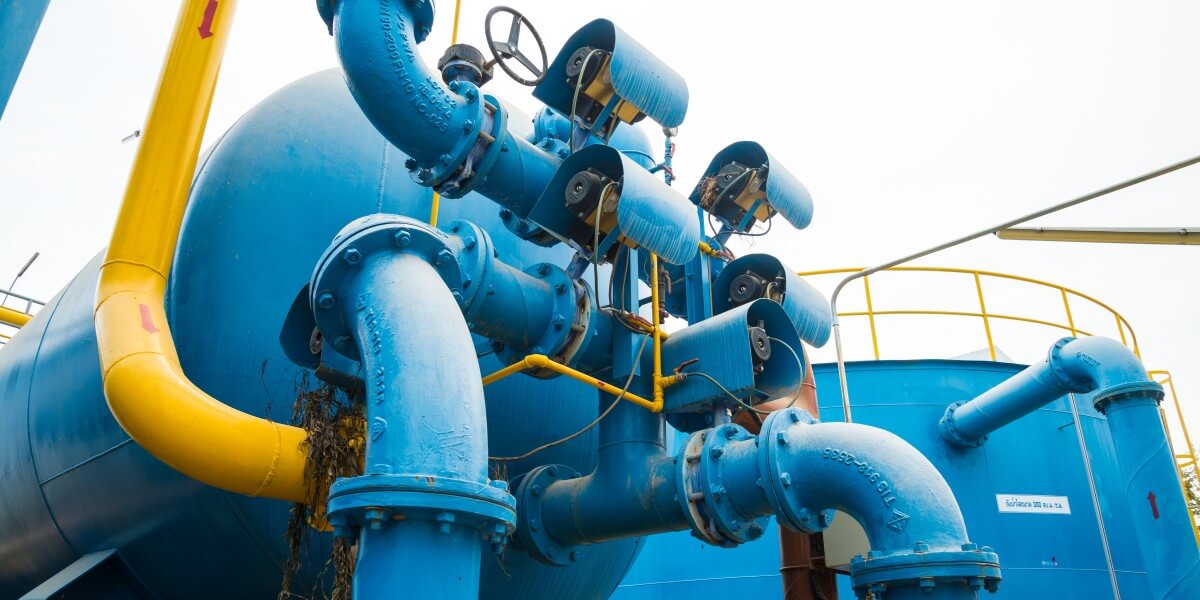In our previous blog post, Scale - the enemy within!, we discussed how water systems can suffer in various ways from the build up of scale.
Controlling this build up of scale is key to keeping equipment working optimally.
In a domestic environment, scale is perhaps more of a nuisance than a problem, but in an industrial setting, scale can have serious consequences, including equipment failure and the promotion of conditions suitable for bacterial growth. Steam boilers, cooling towers and closed systems are particularly susceptible to scale.
What can be done to control scale?
The methods using for controlling scale will depend largely on the type of system that the water is being used for. Domestic systems will typically utilise a magnetic water softener, or, on occasion, a base exchange water softener (we'll talk more about this later).
In industry, there are more options. These options can be split into two categories: Chemical and Mechanical. These alone can be very complicated subjects so the following is a basic breakdown of the solutions in each category.
Scale prevention using water treatment chemicals
Antiscalant chemicals delay or prevent scale formation when added in small concentrations in water that would normally create scale deposits. Use of these chemicals is attractive because a very low dosage (several ppm) can be sufficient to prevent scale for extended periods of time.
The exact mechanism of inhibition is little understood, but it's primary mechanism is thought to be the absorption of the inhibitor onto the surface of the scale crystal, which prevents its further growth.
The common classes of antiscalants include:
- Inorganic polyphosphates.
- Organic phosphates esters.
- Organic phosphonates.
- Organic polymers.
Various factors influence the selection of the correct scale inhibitor, so careful consideration should be given to the selection of the water treatment chemicals most suited to an application.
You can read more water treatment chemicals and see the full range here.
Mechanical scale prevention methods
There are a range of mechanical scale prevention available. The following are the most commonly used:
Base Exchange Water softener - Water softening is the removal of magnesium and calcium minerals from your water supply through a process of ion-exchange.
Electro-Magnetic - This type of magnetic water softener uses electromagnetic coils to separate certain particles that cause hard water, such as calcium and magnesium.
Reverse Osmosis – A process of forcing water through a semi-permeable membrane that removes almost all (95-99%) of dissolved salts.
In summary
With the correct controls in place, scaling shouldn't become an issue. Whether you opt to use antiscalant water treatment chemicals or one of the various mechanical means, your water system can remain scale-free.
To find out how B & V Chemicals could help you prevent scale, get in touch.



